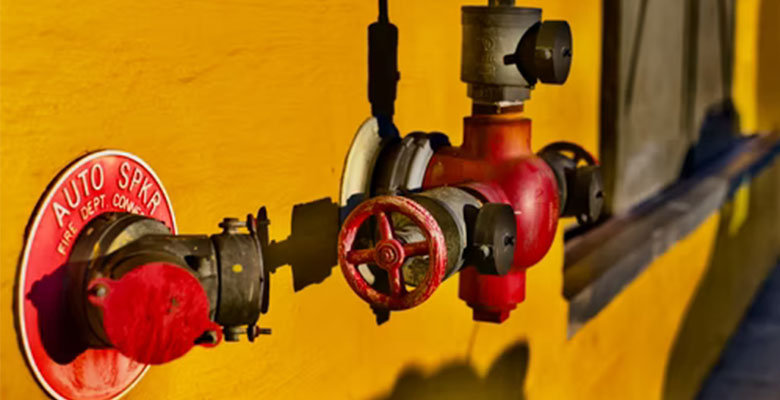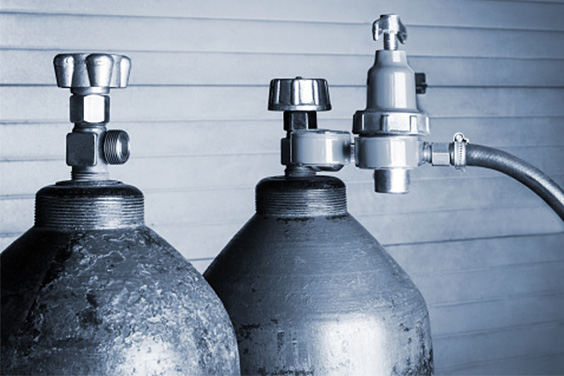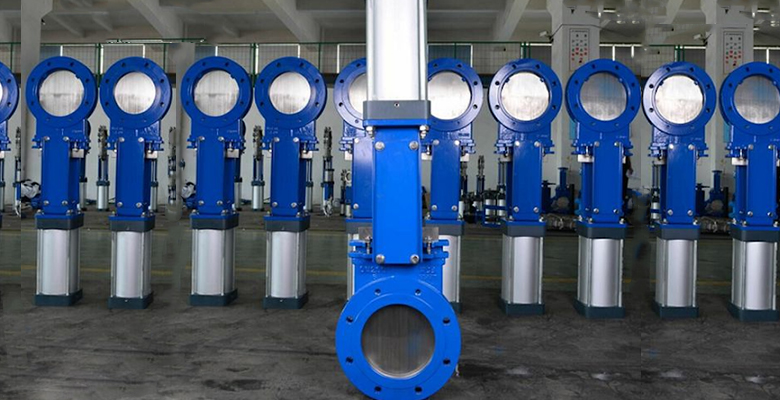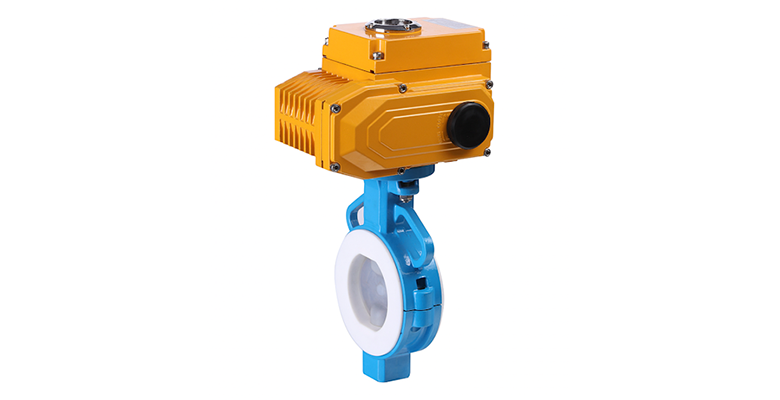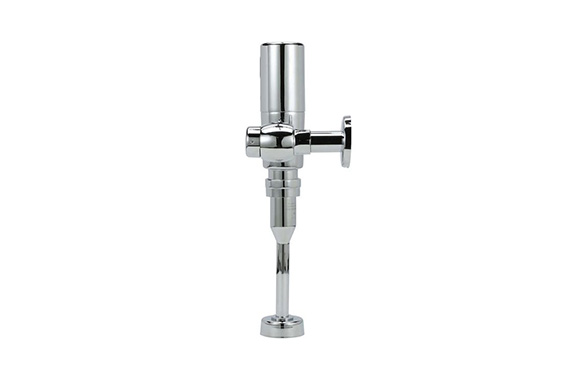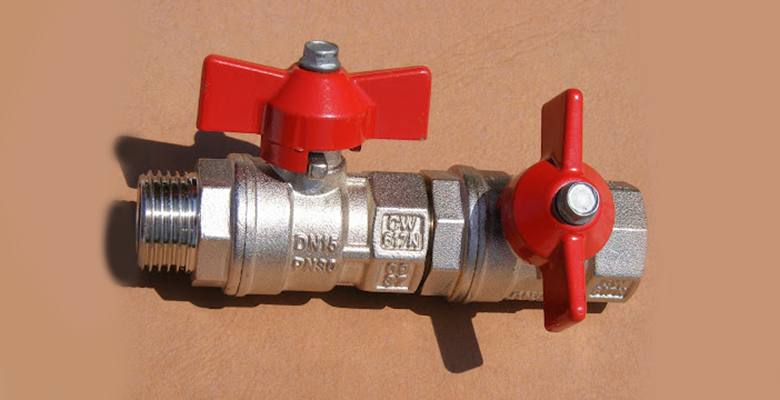If your car has been feeling like it’s not running quite right, there’s a chance that its EGR valve could be to blame. EGR valves help to regulate the amount of pollutants that come out of a car’s exhaust, so when they go bad, it can cause all sorts of issues. In this post, we’ll take a closer look at what happens when an EGR valve goes bad and how to fix it. So, if you’re experiencing any problems with your car, keep reading!
What Happens When An EGR Valve Goes Bad
- You’ll notice that your engine will start to idle rough and may even stall. This is because the EGR valve is not opening fully, causing your engine to run rich.
- You’ll also notice that there will be a check engine light on, which means that the EGR is malfunctioning.
- Your car will also have a performance problem because of the extra unburned fuel in your exhaust system. This also causes you to use more gas than normal.
- The extra unburned fuel in your exhaust system can cause carbon buildup and erosion of other parts of your exhaust system as well as catalytic converters and oxygen sensors if you have them on your vehicle.
- If left for too long, an EGR valve can actually cause serious damage to your engine including warped heads and cracked blocks from overheating due to excess unburned fuel being pumped into the combustion chamber during each cycle of operation.
Can I drive with a bad EGR valve?
So, can you drive with a bad EGR valve? It depends. If the problem is severe, then it’s best to get the car checked out by a mechanic. However, if the problem is minor, you may be able to continue driving for a while without any serious issues. Just be sure to keep an eye on your engine temperature and keep an eye out for any other strange symptoms.
The EGR valve helps to regulate the flow of exhaust gas back into the engine cylinders. This gas is already been used by the engine to create power, so it contains no unused oxygen. By recirculating this gas back into the cylinders, it helps to cool the cylinders and prevent premature ignition.
However, if the EGR valve is not working properly, it can cause a number of problems. For example, if too much exhaust gas is recirculated, it can cause the engine to run too cold and lose power. On the other hand, if too little exhaust gas is recirculated, it can cause the engine to overheat.
What does a bad EGR sound like?
If you’re hearing a rattling, clicking, or hissing sound, it could be your exhaust gas recirculation (EGR) valve. The EGR valve helps to reduce emissions by recirculating a portion of the exhaust gas back into the engine.
However, if the valve becomes clogged or damaged, it can cause all sorts of problems. In addition to making strange noises, a bad EGR valve can cause your engine to run rough, misfire, or overheat. So if you’re hearing any strange sounds coming from under the hood, it’s best to have it checked out by a mechanic. Otherwise, you could be in for some serious repairs down the road.
Is it better to clean or replace the EGR valve?
Deciding whether to clean or replace your EGR valve depends on a few factors. How dirty is it? Is it just sooty, or are there hardened deposits as well? If it’s just soot, you can probably get away with cleaning it.
However, if the deposits are hard, then they may have already damaged the valve and it will need to be replaced. In addition, how old is the valve? If it’s starting to get worn out, then replacing it may be the better option. Ultimately, the decision of whether to clean or replace the EGR valve comes down to a cost-benefit analysis.
Replacing it will undoubtedly cost more, but if it will extend the life of the valve then it may be worth the investment.

